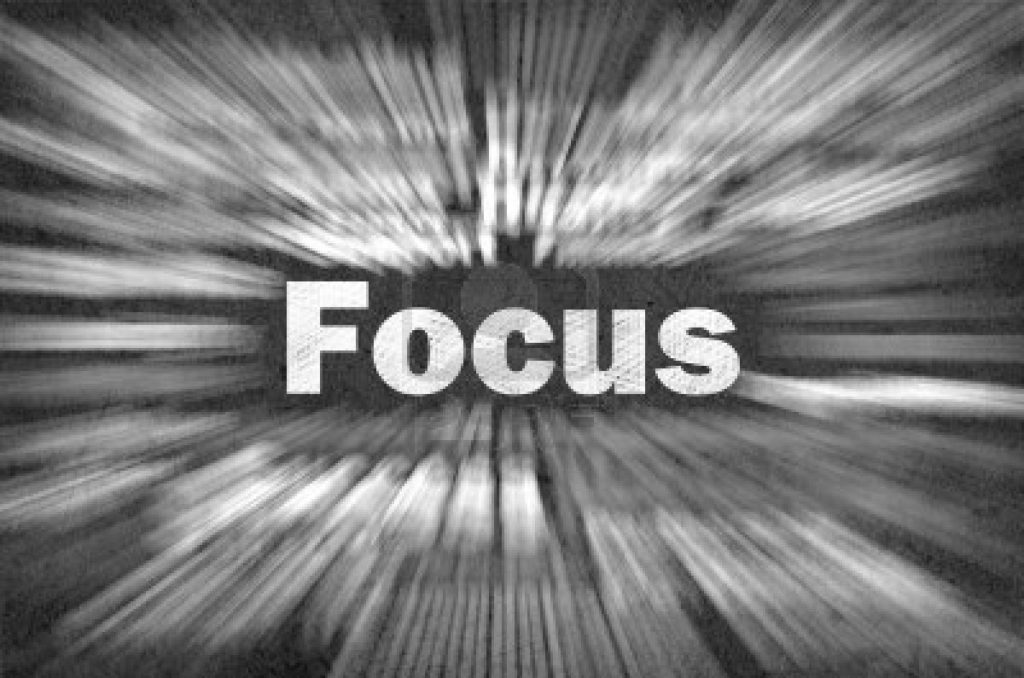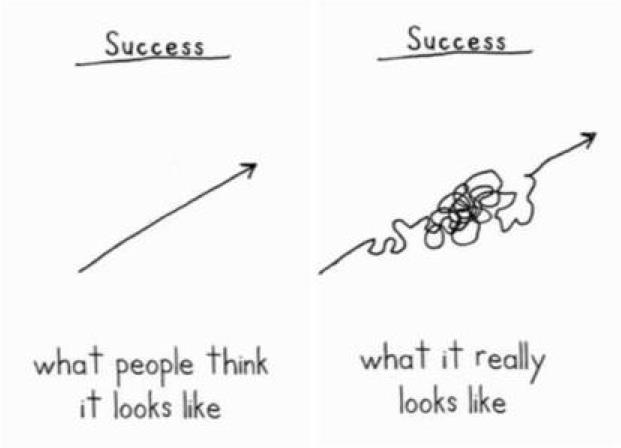
What can great leaders teach us?
Recently, I had the privilege to listen to Alan Mulally share his life journey that has shaped him into the renowned leader that he has become. In his own words he stated that he came from meager beginnings. As a young boy he bought a bicycle from Montgomery Wards and was paying $1.50/week on that bike. He started out delivering TV Guides in his neighborhood. This would turn into a Papoose motor scooter and a full paper route that led to becoming a Dilan’s Grocery bagger to cashier to management, to college.
His college education started at the University of Kansas, KU School of Engineering and MIT Sloan School of Management. He would move into a career at Boeing and would become CEO and gave oversight to the 700 series of Planes from the 730 – 787 before becoming CEO of Ford Motor Company. He aided in the complete turn around of Ford from a $17 billion deficit to a $2 billion profit. He retired from Ford in July of 2014.
While listening to his story there are a number of takeaways that I would share with you.
- From his TV Guide Route to Ford Motor Alan stated the customer was always before him. His goal was more than satisfied customers, but loyalty as a result of quality products. The quality of the product was possible because of the investment and belief in the workforce.
- Stay open to hear the hard truth of a matter. Mulally states that you cannot manage a secret. Accept the truth of the matter, embrace and own it.
- You must embrace reality – you cannot turn around a company that is $17 billion in the hole and not be real about the trajectory of that company.
- Great leaders are only as great as the people around them. Leaders need a great team. Communicate your appreciation and then show it to them in a tangible way. Remember the leadership mantra; You do not get what you want, you get who you are!
- Create an environment of continuous learning for your team.
- Finally, people will follow a compelling vision.








